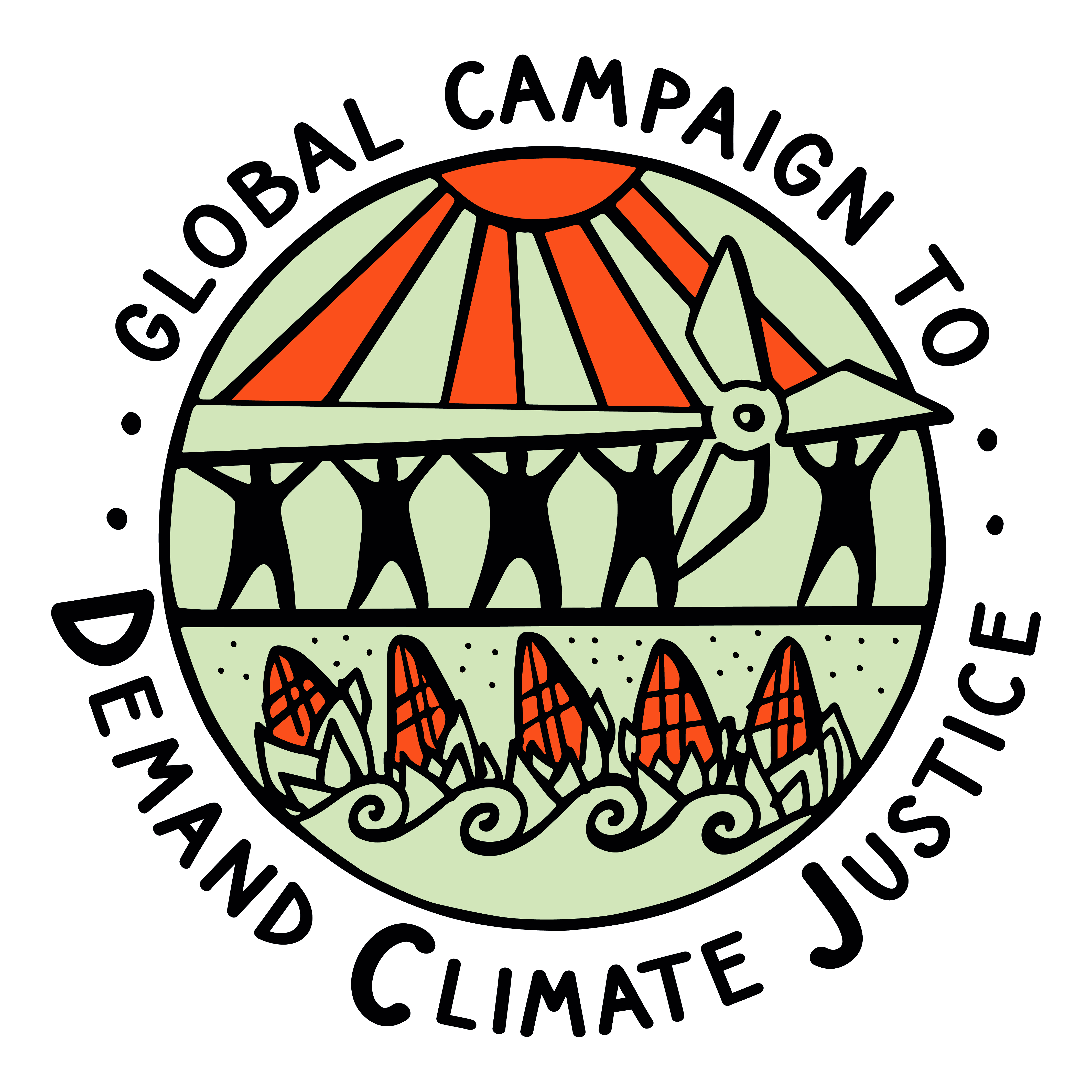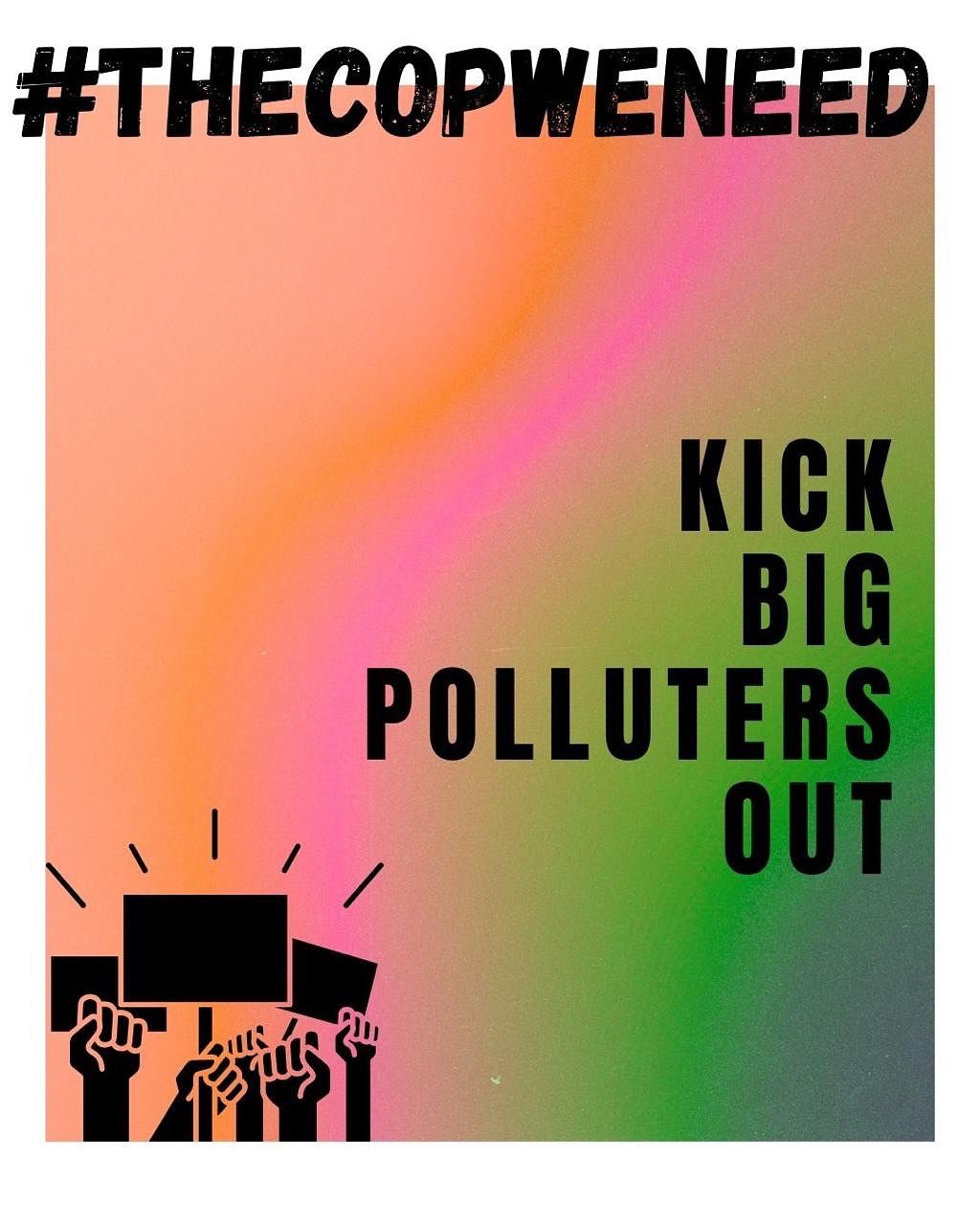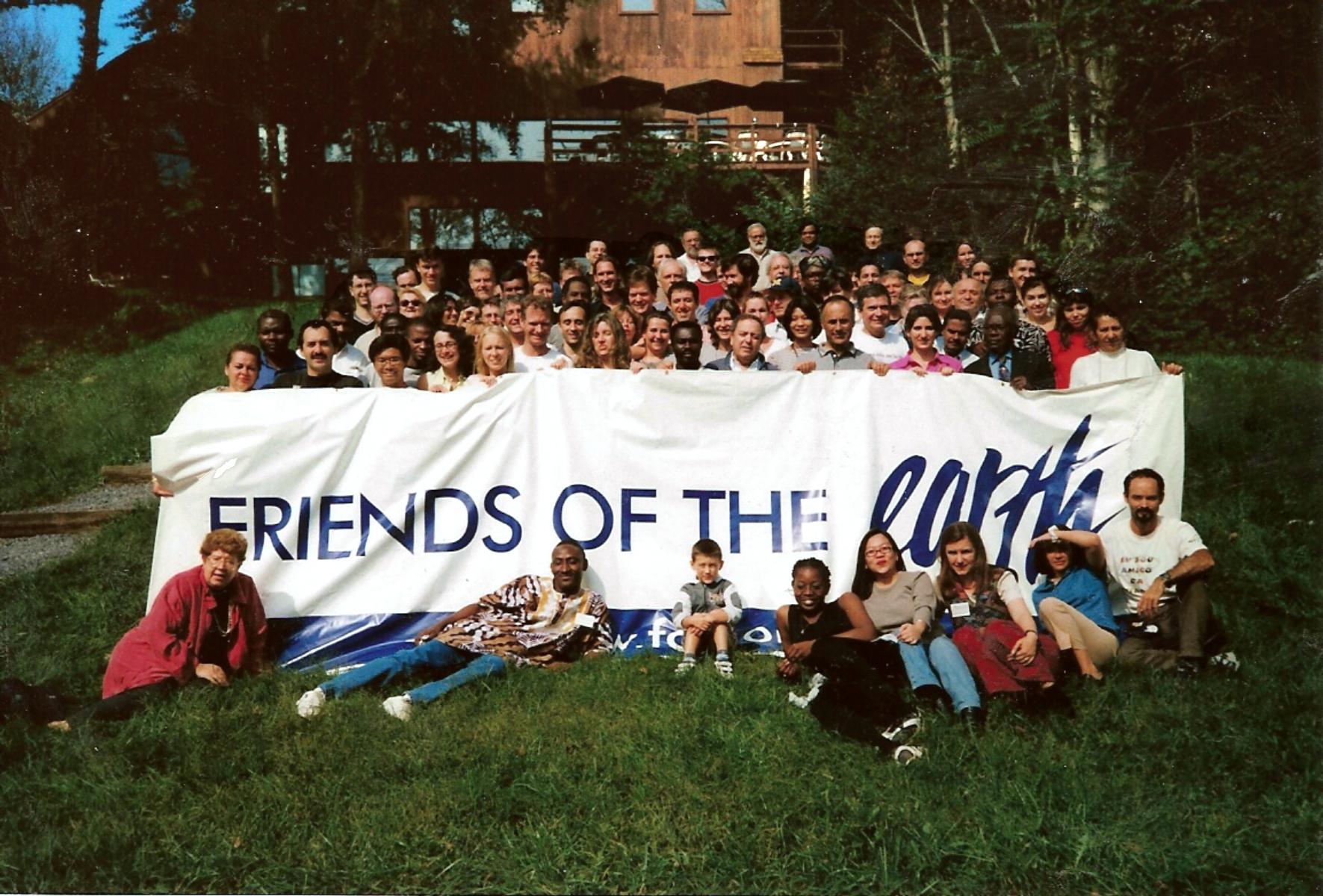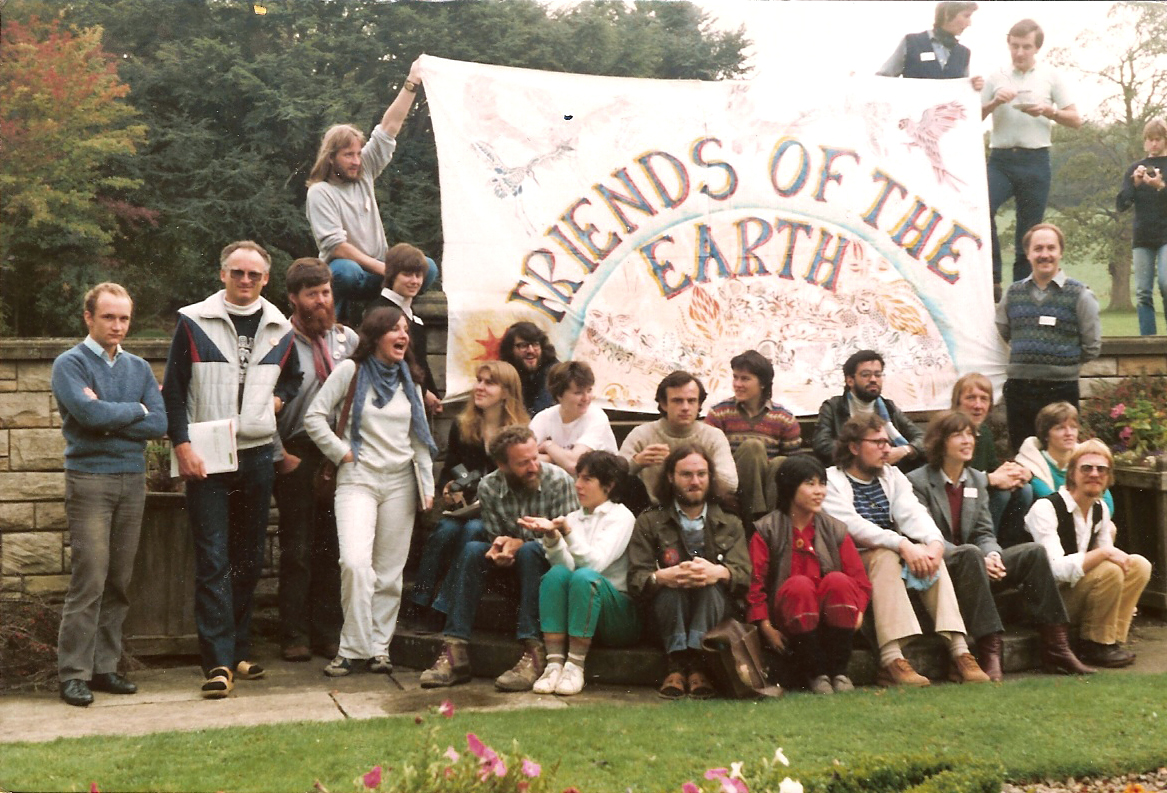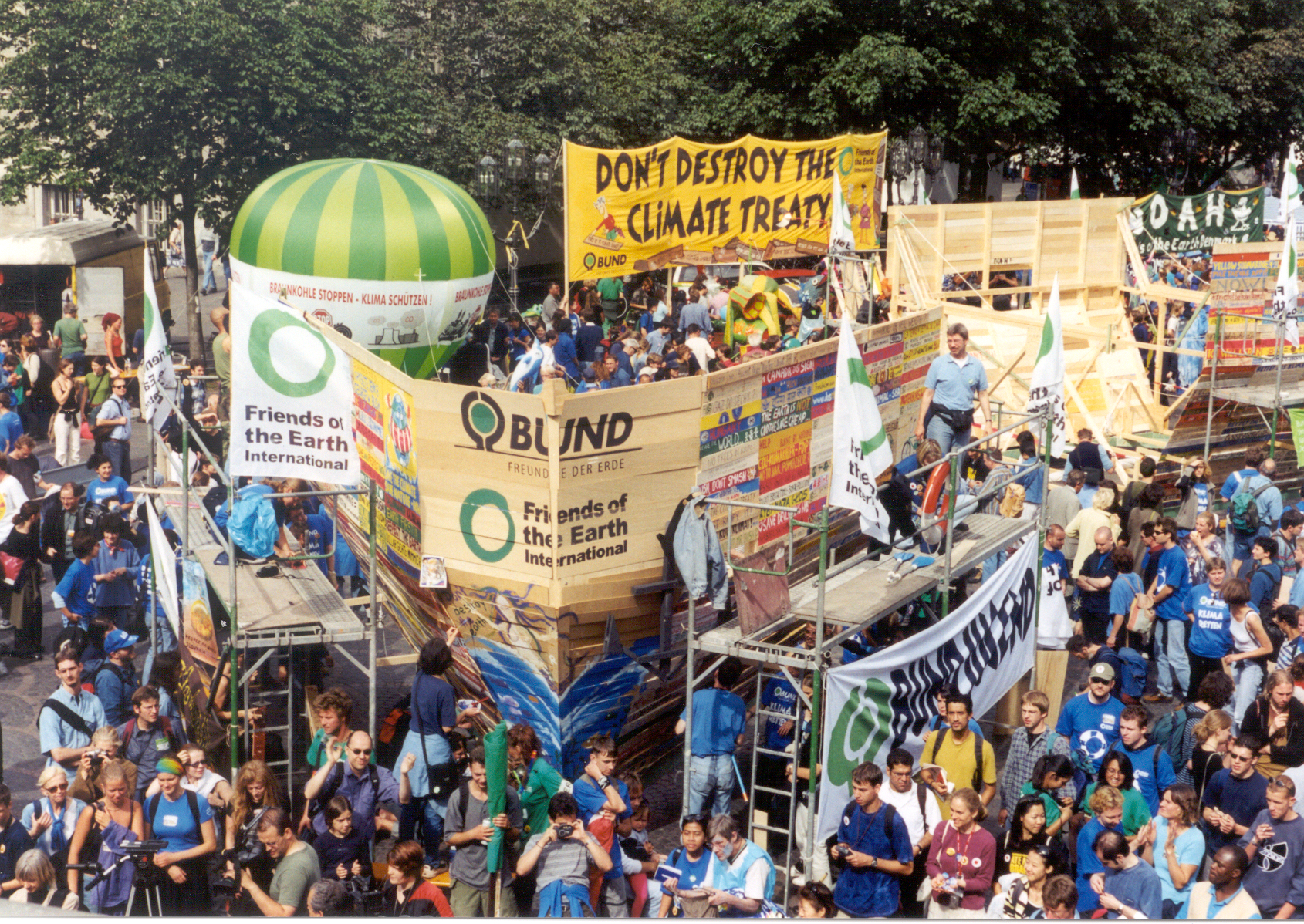Latin American leaders and the road towards COP30 in Belem
DCJ PRESS RELEASE:
BAKU, AZERBAIJAN, 18 NOV 24
Climate activists from Latin America and the Caribbean have set their demands towards the second week of COP29, focusing on the damage that the approval of Article 6.4 can cause in the UNFCCC process, and the low expectations regarding the political will to provide funds, especially for loss and damage, as well emissions reductions in the agriculture sector.
Despite the uncertain outcome of negotiations in Baku, particularly on carbon markets and false solutions, Latin America is already building the road towards Belem next year, where the People’s Summit is expected to put pressure on the Brazilian COP30 Presidency and reduce the impact on communities of the climate crisis.
“The People”s Summit towards COP 30 in Belem will be an opportunity for social movements and organizations to strengthen the global movement for climate justice, land rights and for socioenvironmental transformation. Calling an autonomous and popular convergence process with protagonism of Amazon, LAC and Global South organizations, our goal is to mobilize and pressure for real climate solutions and popular just transition”.
Maureen Santos, FASE
“Over the past decade, powerful neoliberal governments, transnational agribusinesses, and multinational corporations have been pushing market-based and technology-driven solutions. They continue to burn down our house and we know no one else is coming for us, but ourselves. We promote and practice Agroecology as the systemic solution to achieve Food Sovereignty and Social Justice producing 70 percent of the food worldwide in approximately 30 percent of the available arable land. In La Vía Campesina we commit to continue fulfilling the sacred responsibility of feeding the world, sustaining life while we defend and steward the natural commons.”
Jesús Vázquez Negrón, La Vía Campesina Internacional (Puerto Rico)
“Agro-businesses associated with unsustainable livestock farming are a major cause of environmental and social injustices. It must be a central issue for climate action, as the increasing corporate power of big meat and dairy in these negotiations, participating in parallel multi-stakeholder initiatives, allows for the consolidation of false solutions and narratives.”
Andrea Echeverri, Global Forest Coalition (Colombia)
“The polluter countries must pay a fine and not a fee to continue polluting. A fine has to do with the recognition of ecological debt. Fine is impunity and has to do with all that has being negotiated in this and former COPs”
Ivonne Yánez, Acción Ecológica (Ecuador)
“Damage and loss is a priority for our communities. Providing financial resources must be included in the commitments adopted at COP29. We do not accept agreements that violate the historical obligations of developed countries, which are the cause of this crisis. Negotiations cannot go beyond the legal framework; we have the right to have the damage repaired. The NCQG must provide the funds for damage and loss.”
Adrián Martínez, La Ruta del Clima
